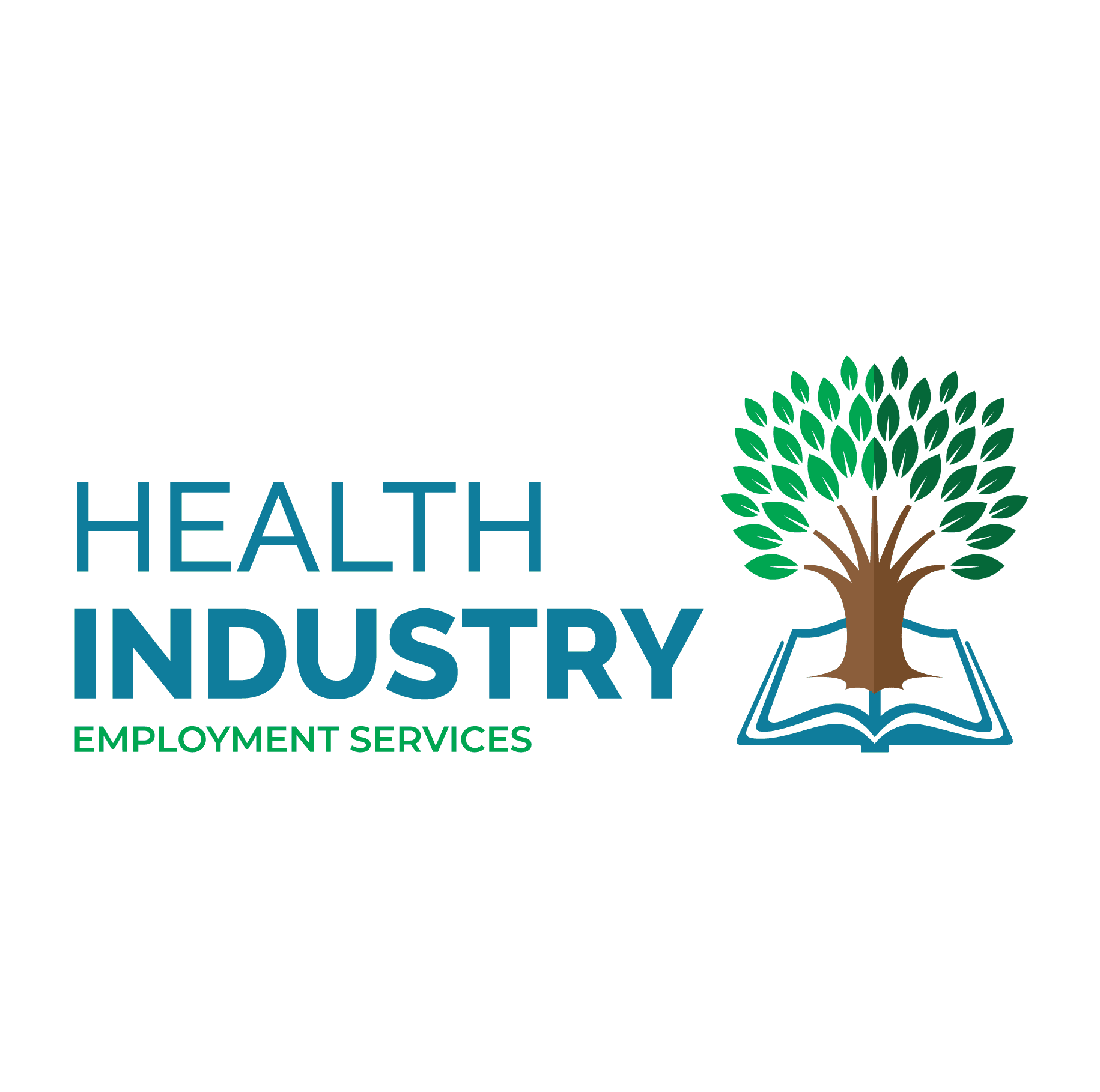Queensland is cleaning up its WHS Act
Queensland’s Work Health and Safety Act will undergo review as part of the government’s 5 yearly review process. According to the Office of Industrial Relations, this year’s review will look at the “overall effectiveness of the key components of the WHS Act” in achieving its objects including whether there’s a balanced framework to secure health and safety of workers and workplaces.
One of the key changes as a result of the previous review in 2017 was the inclusion of industrial manslaughter in to the legislation.
So what can we expect from this year’s review?
Recently SafeWork Australia amended the model WHS clauses to the extent that a person conducting a business or undertaking (PCBU) must manage the risk of psychosocial hazards in the workplace. A psychosocial hazard is anything that could cause psychological harm (eg. harm someone’s mental health) and can be caused at work by workplace violence and aggression, job demands, poor support, lack of role clarity, traumatic events and the like.
According to Safe Work, psychosocial hazards can create stress, and this can lead to psychological or physical harm. Psychological harm may include anxiety, depression, post-traumatic stress disorder, sleep disorders and physical harm may include musculoskeletal injuries, chronic disease or fatigue related injuries.
Given the nature of the health industry and the rise of stress related workers compensation claims generally, my educated guess is that psychosocial hazards will be introduced as a result of this current WHS review. Victoria has already enacted the model laws, and it’s likely the other states will do so sooner rather than later.
HIES will keep members up dated. In the meantime, we encourage members to plan ahead and take steps to eliminate psychosocial risks, or if that is not reasonably practicable, minimise them so far as is reasonably practicable. Consider rolling out occupational violence prevention training, updating job descriptions, implementing reward and recognition programs and sharing the workload through upskilling and delegation.
For more information, visit Safe Work Australia or contact HIES.



